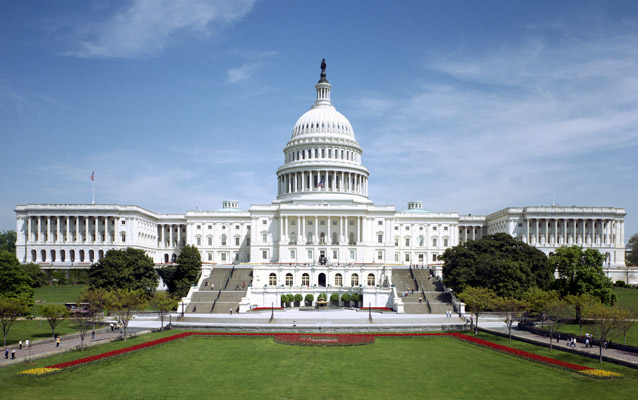
Indiana’s Professional Standards Advisory Board has proposed a new set of licensing rules that could potentially affect IUS education students.The proposed Rules for Educator Preparation and Accountability, REPA, would require Indiana colleges to focus on giving their education students more content, rather than methods classes that teach future educators how to teach.
If the new rule is approved, secondary and elementary education students would then have to either major in education, with a minor in a certain content area or major in a content area and minor in education.
REPA was first proposed in September and has currently been going through a series of 14 steps that a proposal must make in order to become a rule.
“It is speculated that the proposal is currently with the attorney general and he has a certain number of days to review it,” Jim Clements, Undergraduate Field Placement coordinator, licensing and program adviser, said. “He can approve the proposal and send it to the governor or he can raise questions and concerns and they would send the proposal back to the board.”
If the proposal is approved by the attorney general, the governor will receive the proposal along with all of the public comments that were collected while the proposal was being created.
“There were three public hearings in Indiana: one in the north, middle and south of the state,” Gloria Murray, dean of education, said. “These three hearings, as well as Web sites, were available for public comment, and an overwhelming response occurred.”
After the public’s comments, the advisory board approved the proposal with drastic changes made to it. All of the comments that were collected will be sent to the governor along with the proposal.
If Gov. Mitch Daniels approves the proposal, REPA will then go into effect on July 31. Some changes for Indiana education will be affected immediately, but the changes for the IUS School of Education will take time.
“If the state approves the proposal, there will be a transitioning period where students who graduate by Aug. 31, 2013, will be on a different set of rules and programs than those who enter IU Southeast as an education student after REPA is approved,” Clements said. “If the proposal is approved, they will be under those new rules.”
Clements said the possibility of these new changes being approved has brought about much speculation and misconception. One thing he said he has heard plenty of rumors that are coming up about the potential changes the new proposal could bring.
“Rumors and speculation are running rampant,” Clements said, “and I understand students need and desire to know what is going on but from my perspective, it is irresponsible to tell students what might be until we know any different.”
Many questions have been raised as to why Indiana’s Department of Education is making all of these changes. Murray said a big reason for this is because the state wants to compete for the Race to the Top
money.
Indiana’s Department of Education has submitted their Race to the Top application to compete for $4.5 billion in federal funding for education. The $500 million submitted application, called Fast Forward, has key reforms that the state wants addressed.The reform that affects IU Southeast the most is the reform to change licensure to ensure effective teachers and leaders by increasing content for education students
“I don’t anticipate any large problems for our persons in the education programs if this rule is approved,” Clements said.
“My larger concern is now there are other ways to teach without adequate preparation, and I fear someone in the education department who minors in elementary education and majors in a content area would be less prepared and less effective.”
If the proposal is approved, colleges in Indiana will require emphasis on content knowledge for their education students.
Both elementary and secondary education students will be expected to be masters of certain content.
“The board thought that elementary education majors were spending more time learning how to teach than what they were teaching about,” Murray said.
Murray and the School of Education believe they are prepared for whatever new rules the IUS Education Department must follow.
“I feel we are on top of it,” Murray said. “We are going to do whatever we need to do to make sure our students have strong content, and I am willing to work with whatever they have proposed.”
By NIKOLETTE
LANGDON
Staff Writer
nlangdon@umail.iu.edu






